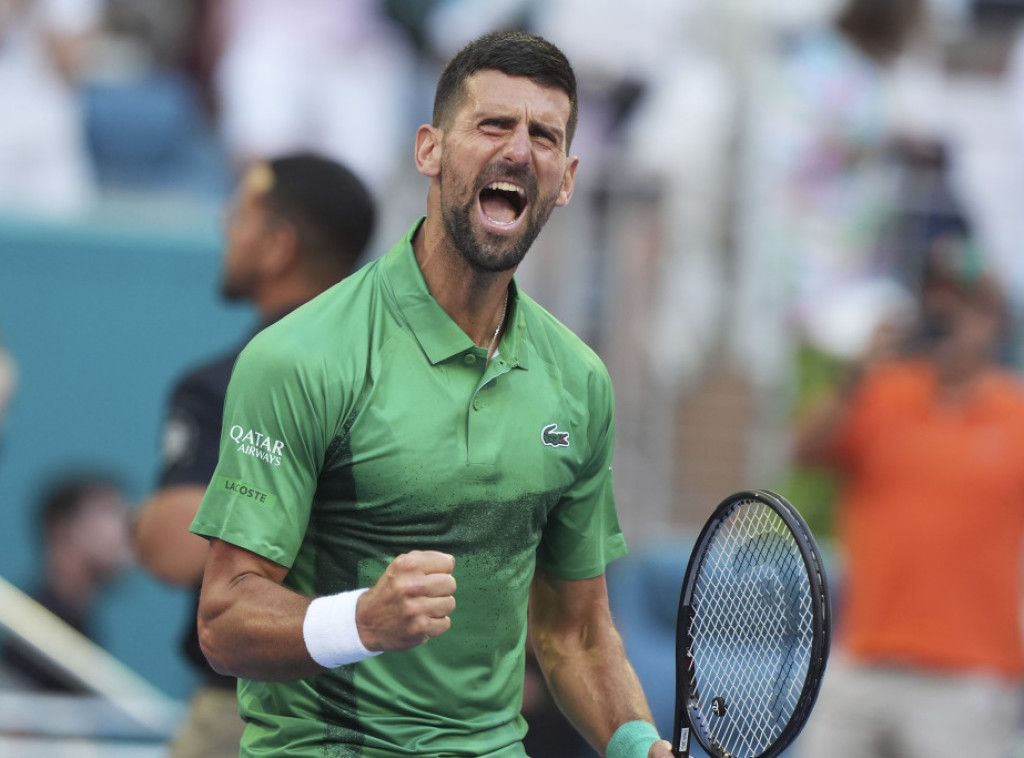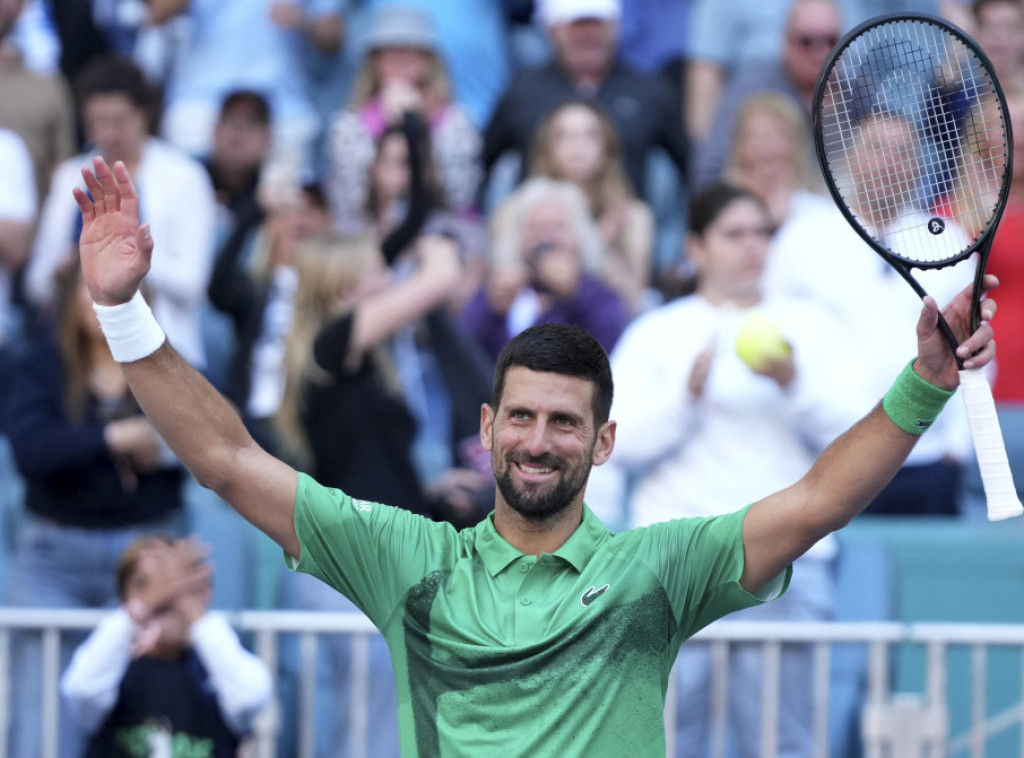The head of the Greens’ delegation to COP29 climate talks in Azerbaijan next month has redoubled criticism of the host country over its human rights record and status as a major fossil fuel producer.
MEPs travelling to the Azeri capital Baku for upcoming UN climate talks will be issued with disposable phones amid fears of hacking by foreign agents, the Green MEP Michael Bloss has revealed, while expressing concern about slow progress towards ending the fossil fuel era.
“Security advisors have warned us that our devices are likely to be infiltrated—a precaution based on first-hand experiences with surveillance and reprisals in the region,” Bloss told Euronews after briefing journalists on the COP29 summit.
“Even as MEPs, we can’t communicate freely without fearing state monitoring,” said the German lawmaker, who is part of the European Parliament’s 15-strong official delegation to the talks.
The whole delegation will be offered “burner” phones, Bloss’s office confirmed in an email exchange, using a term that usually refers to cheap, anonymous, pre-paid handsets that can be used briefly then discarded.
Use of burner phones ‘happens all the time’
The arrangement appears, however, to be fairly standard. Euronews spoke to a former European Commissioner who said it was standard practice for delegations to be issued with burner phones and laptops set up just for the duration of foreign visits, which are handed back to EU security services upon return.
“There is always a security risk assessment,” said the former senior EU official, who did not wish to be named. “It happens all the time.”
A spokesperson for the assembly said the European Parliament’s services “constantly monitor security and cybersecurity” but, also for security reasons, could not comment further.
While not specifying which states were thought to pose a security risk during the COP29 summit, Bloss – in line with the Greens as a group – made no secret of his reservations about the choice of Azerbaijan as host of this year’s talks.
“To me, it’s clear: Azerbaijan suppresses critical voices and uses the COP as a platform for image management, rather than for genuine dialogue,” the MEP said.
Regardless of the venue, environmentalists and climate activists have long been wary about the presence of the fossil fuel industry at UN climate talks.
Bloss criticised the choice of yet another host country, after Egypt and the United Arab Emirates, whose economy is heavily reliant on fossil fuel exports. “Socar, the gas and oil company of Azerbaijan, has announced that they want to expand their oil and gas drilling,” the MEP noted.
“That’s the opposite of what should be happening,” Bloss said.
Still, tough negotiations at COP28 in Dubai last year ended with a global agreement, to the relief of many, to “transition away” from fossil fuels and “accelerate efforts towards the phase-down of unabated coal power”.
Although no end dates were specified and questions were asked about the implications of the term “unabated”, the symbolic significance of the move – along with a concrete commitment to triple global renewable energy production by 2030 – was seized upon by many at the time as a major breakthrough.
Among them was Danish Climate and Energy Minister Dan Jørgensen, who is due to be grilled by MEPs next week as European commissioner designate for energy and housing. Jørgensen hailed a “huge decision” by global leaders and a “pivotal” moment in the fight against global heating.
The European Parliament’s delegation is not directly participating in the talks, where the European Commission’s team, headed by climate commissioner Wopke Hoekstra, will push the EU position as agreed by member states earlier this month.
“There needs to be a clear, regulated end-date for fossil [fuels],” Bloss said. But more ambitious wording on giving up coal, oil and gas, let alone a concrete deadline, appears less likely to emerge in Baku next month.
All about the money
The central debate is set to focus on financing: in particular, the EU wants to see contributions from a wider base of countries beyond the handful of advanced economies that have committed to pool $100bn a year to help poorer nations deal with climate change.
Azeri COP29 president-designate Mukhtar Babayev was asked about “full steam ahead” fossil fuel production in his country – as well as last year’s host the UAE and next year’s, Brazil – during a public debate at an annual International Monetary Fund gathering in Washington D.C. last week.
Azerbaijan would provide “continuity of the process” moved forward in Dubai, Babayev said. Baku would also provide a “very big opportunity” for governments to finally close discussions on the setting up of a global system of ‘carbon credits’ that would allow countries to pay others to take climate action on their behalf.
The COP29 summit runs from 11 to 22 November.

 5 months ago
44
5 months ago
44






 We deliver critical software at unparalleled value and speed to help your business thrive
We deliver critical software at unparalleled value and speed to help your business thrive






 English (US) ·
English (US) ·